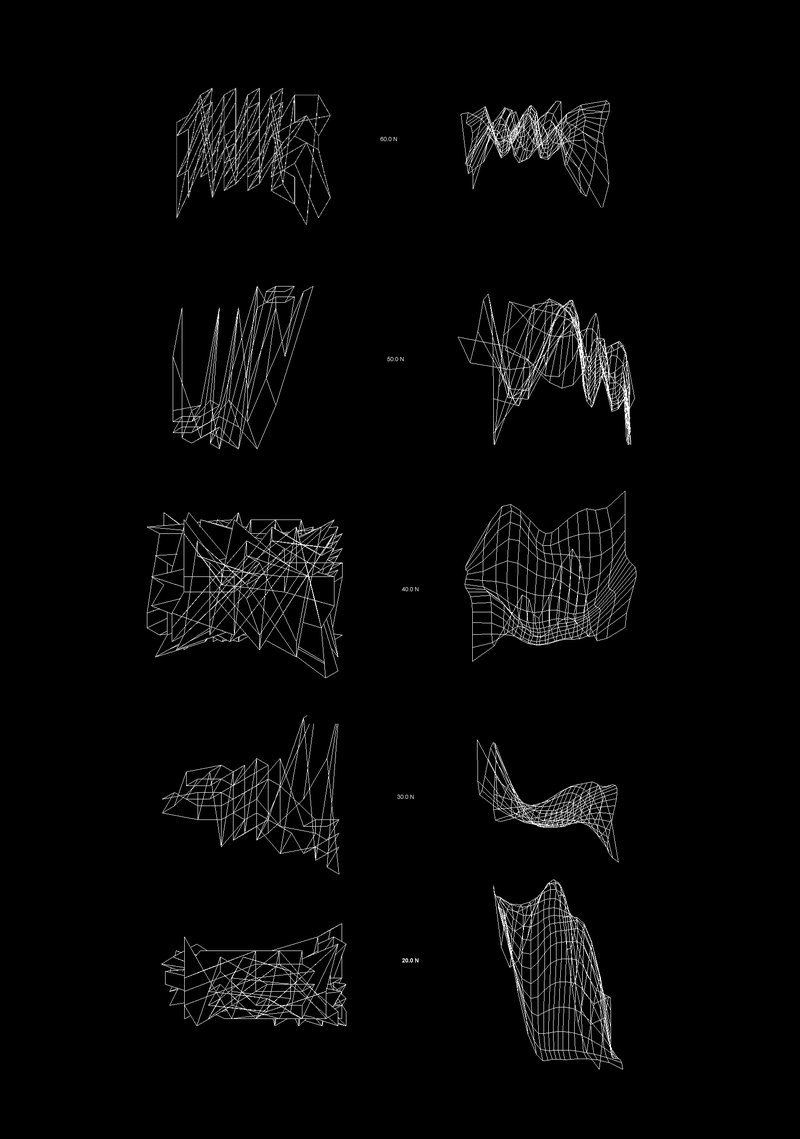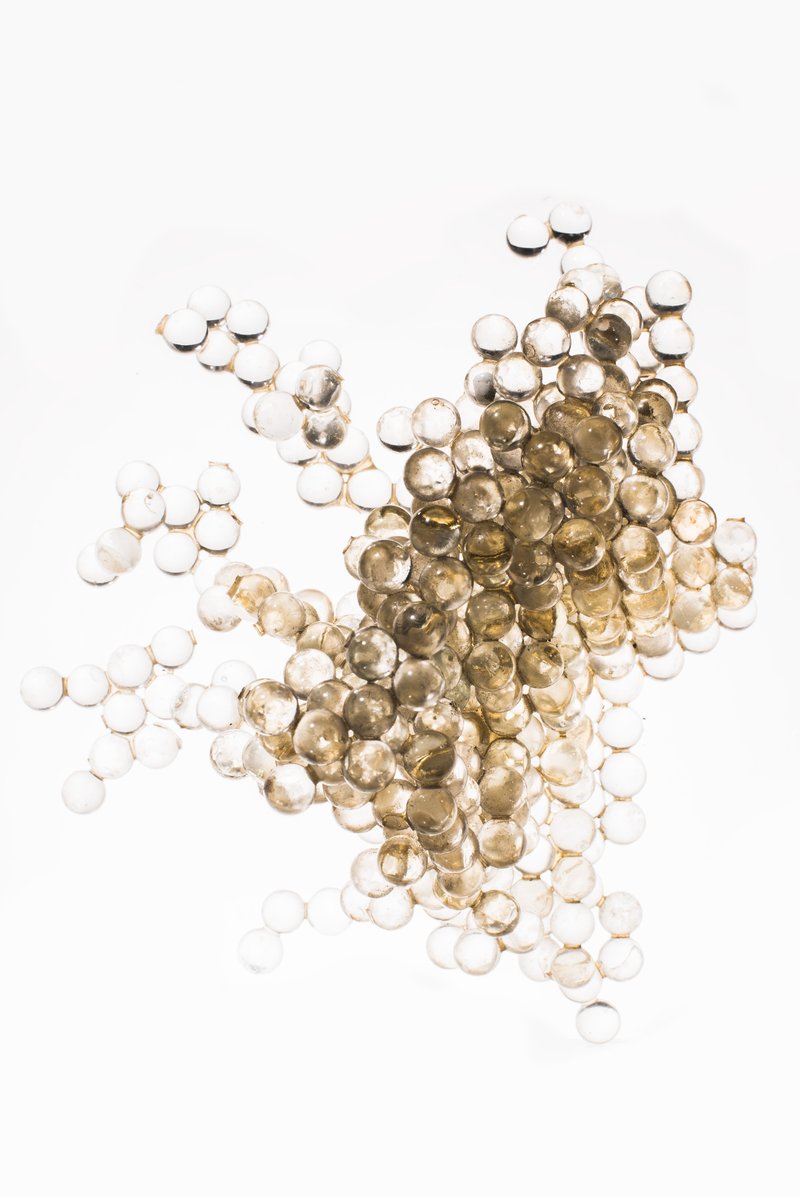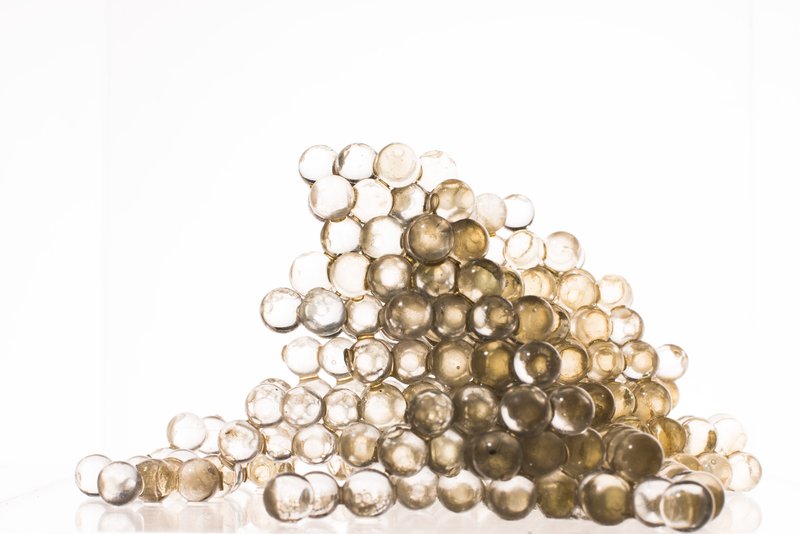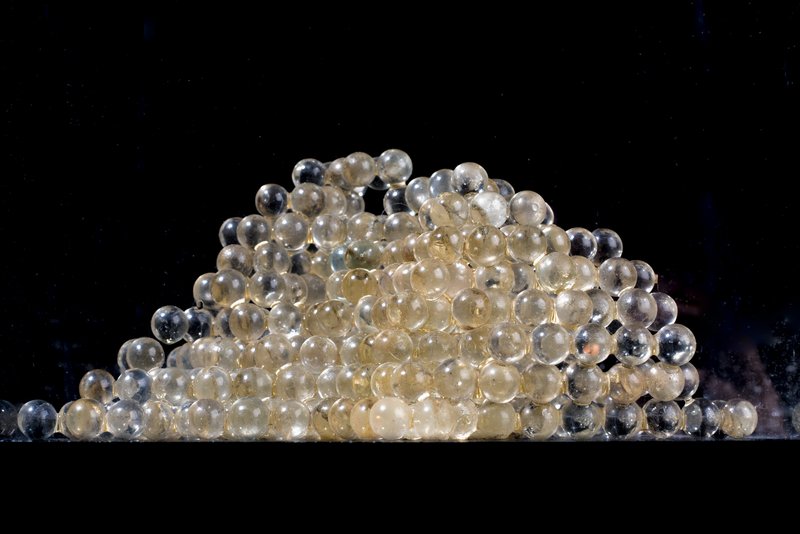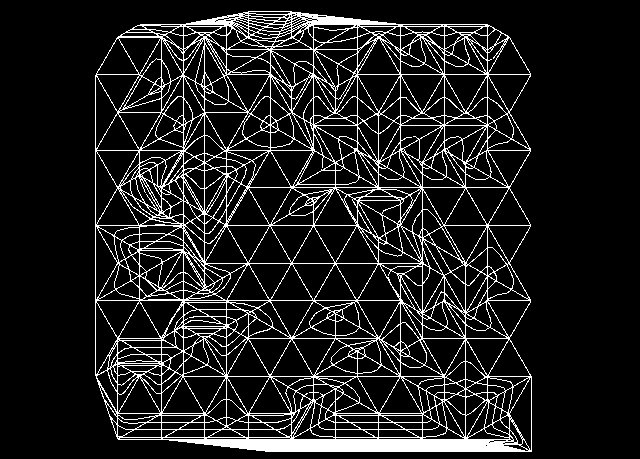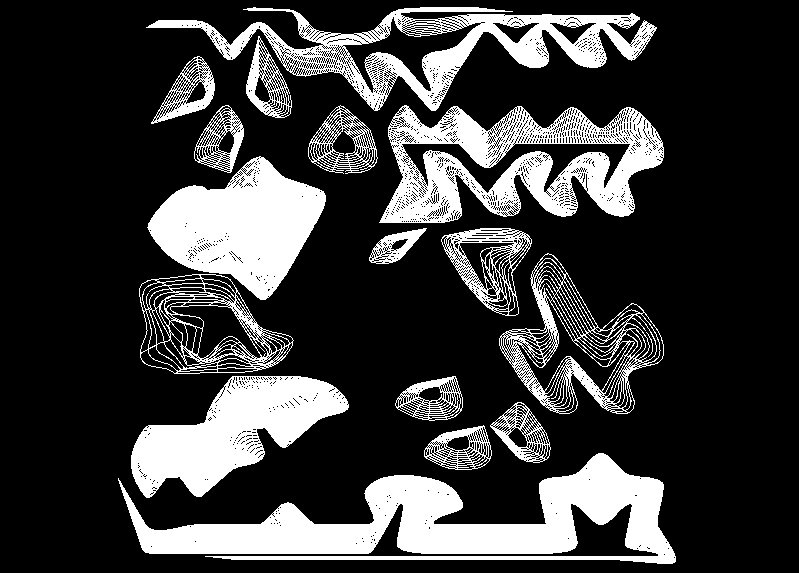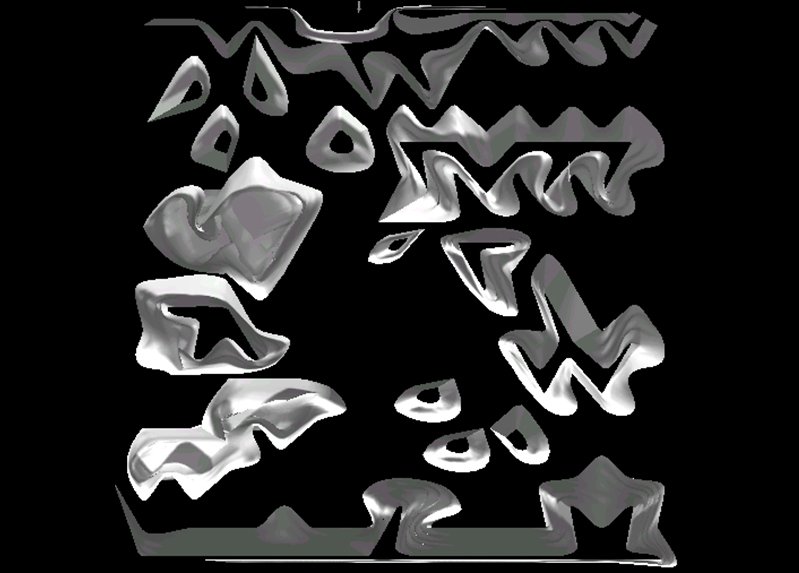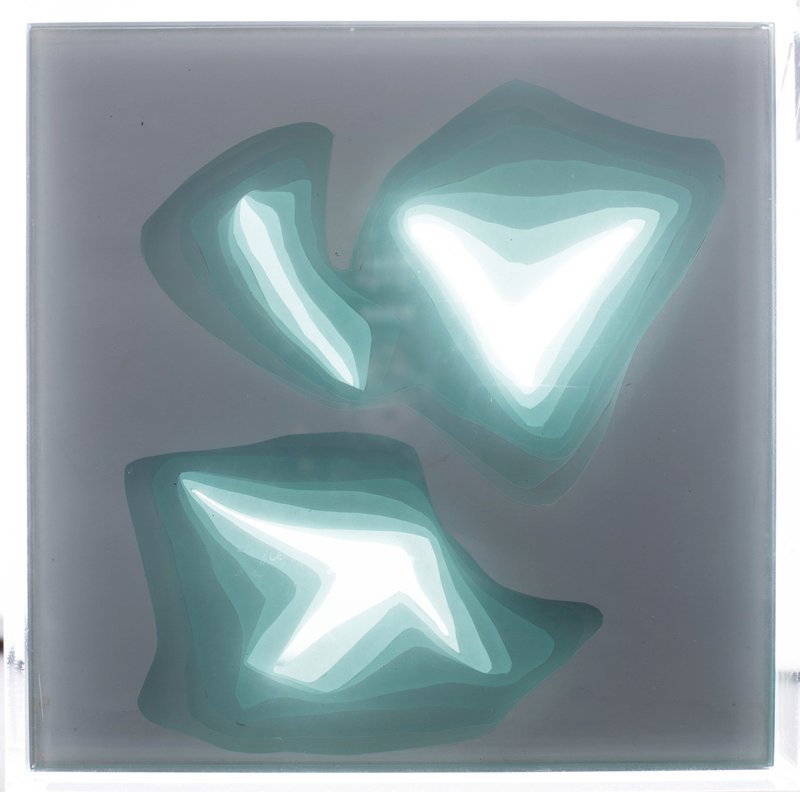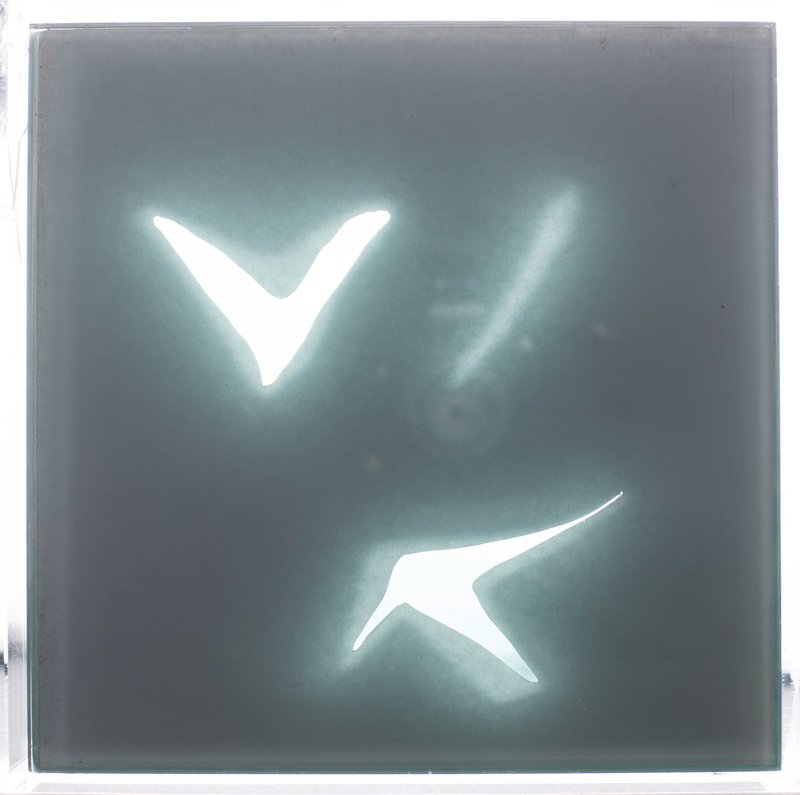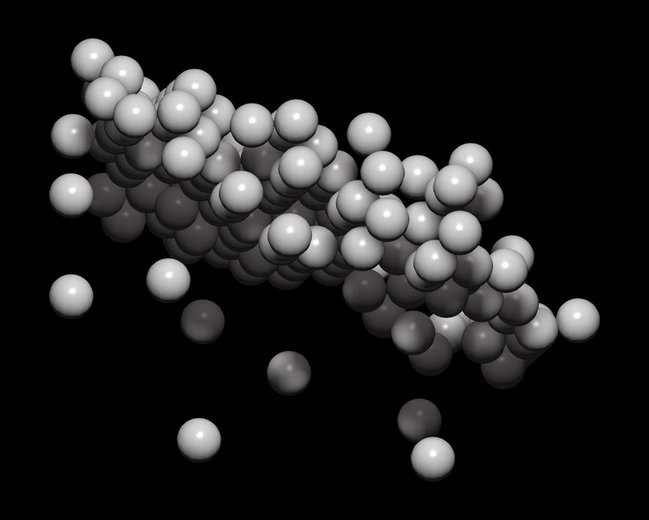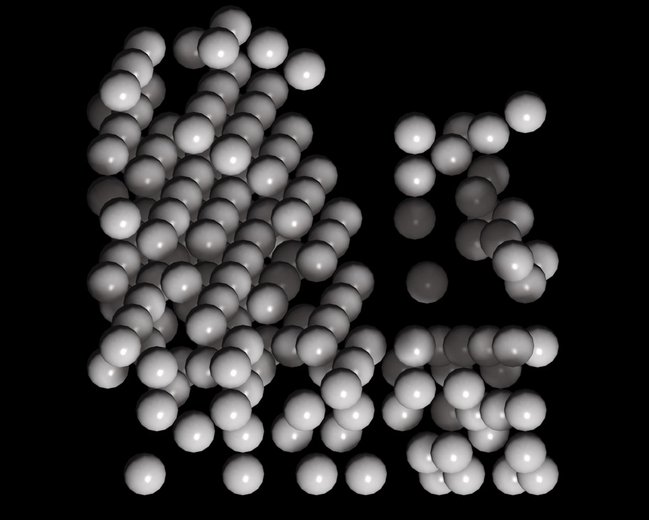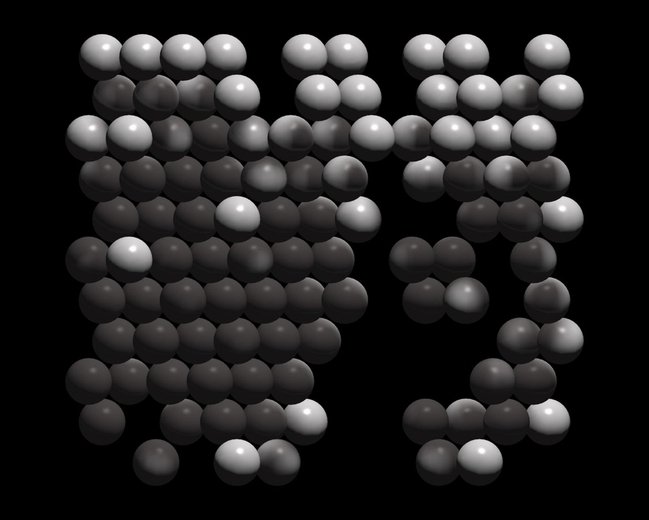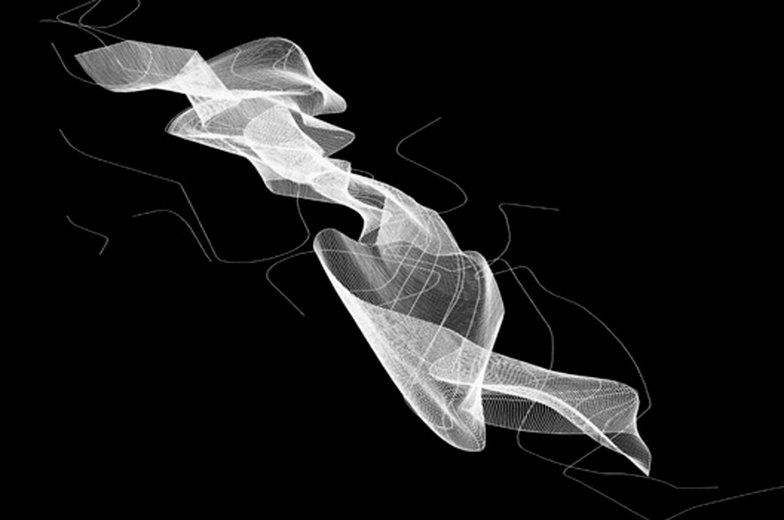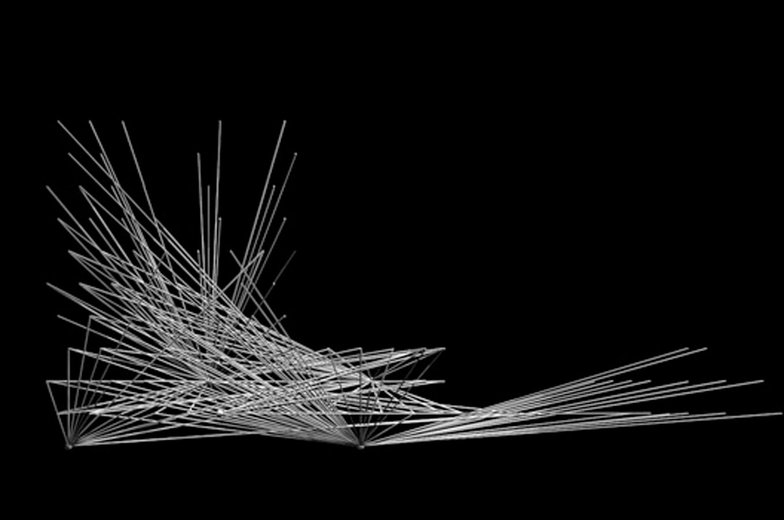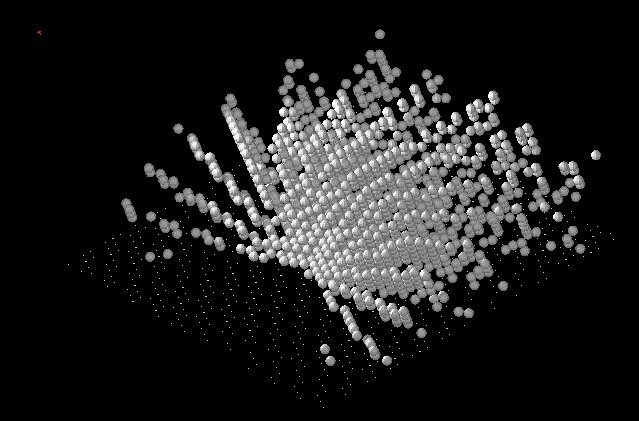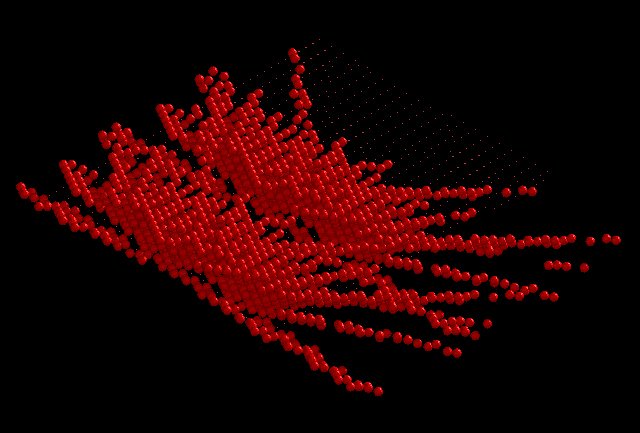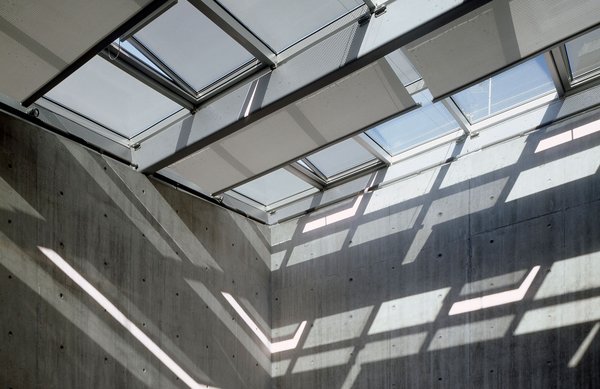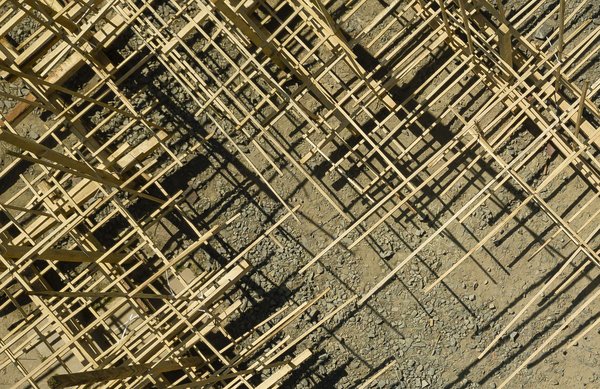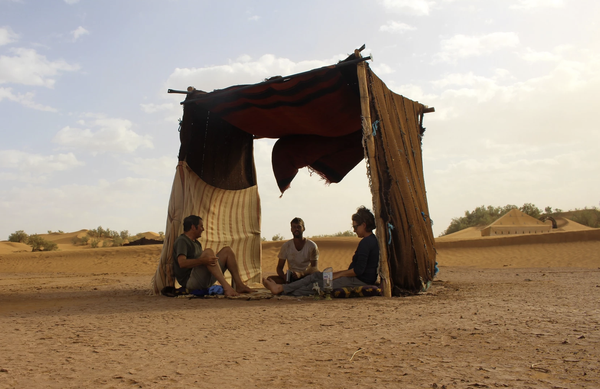The Groningen Experiment
Groningen, Holland, 1994—1996
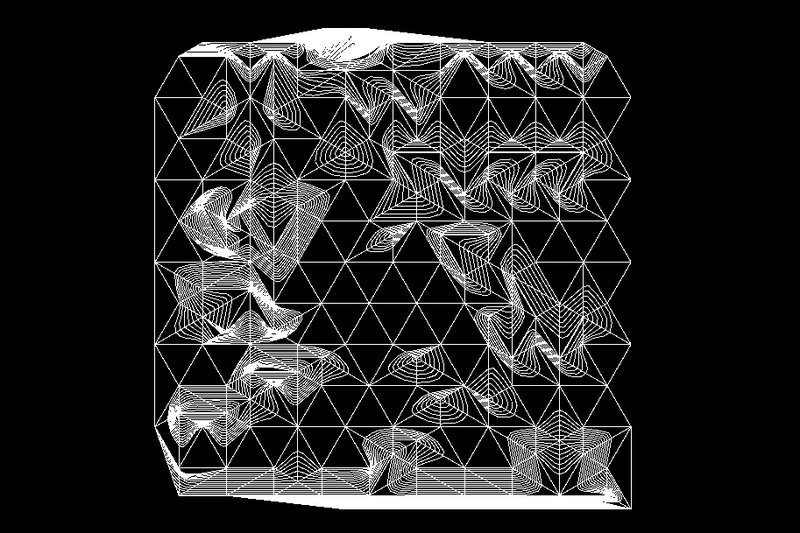
In its first five years, John Frazer's Diploma Unit 11 at the Architectural Association in London, developed a theoretical framework of an alternative generative process, using computer models to compress evolutionary space and time. This led to a prototype that could be demonstrated interactively, and the launch on the Internet of an experimental evolutionary environment, which attracted global participation, and established a dematerialised model.
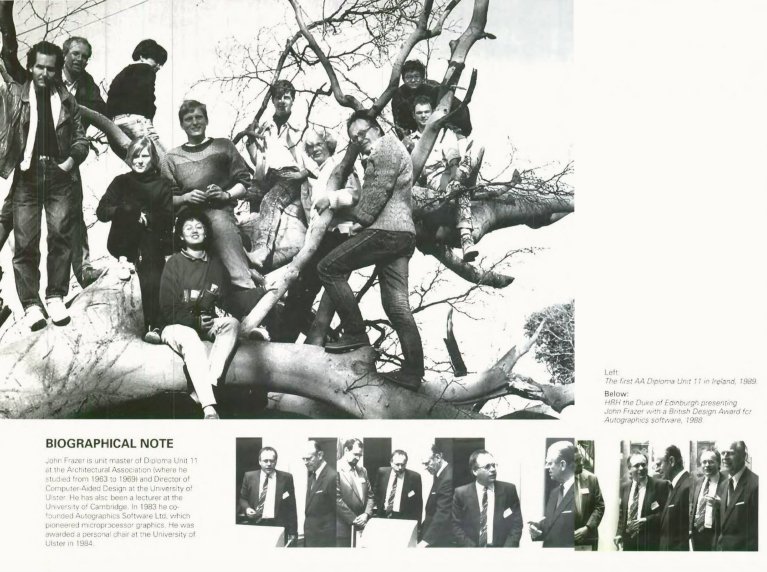
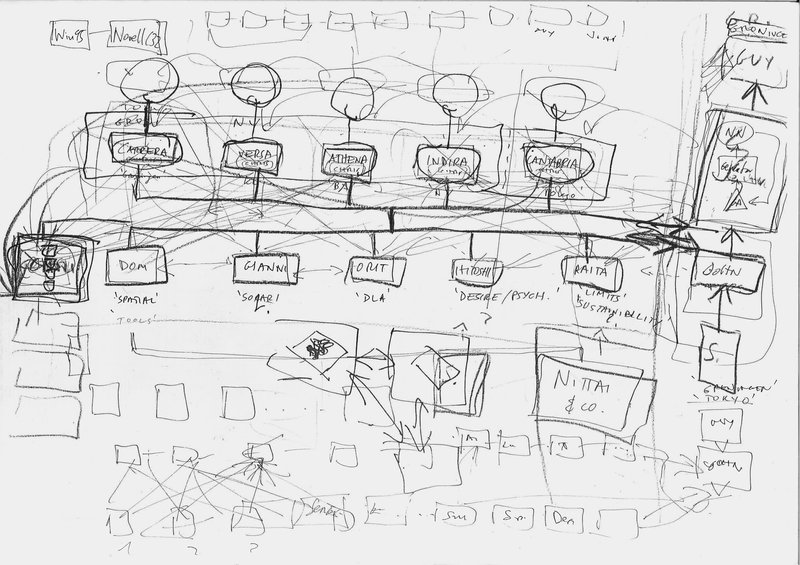
The new phase of the programme externalised this conceptual model into constructed form, focusing on urban-scale evolution and other historical and cultural examples of co-operative and ecologically integrated development. The approach has been to consider metabolic processes as a way of understanding both the formal development of urban symbiosis and the specific problem of materialisation.
The city planning department of Groningen, Holland, commissioned a small working prototype of a predictive urban computer model. The unit produced an evolving model which explains the transition from the past to the present, and projects future trajectories - a 'what if' model for generating, exploring and evaluation alternatives.
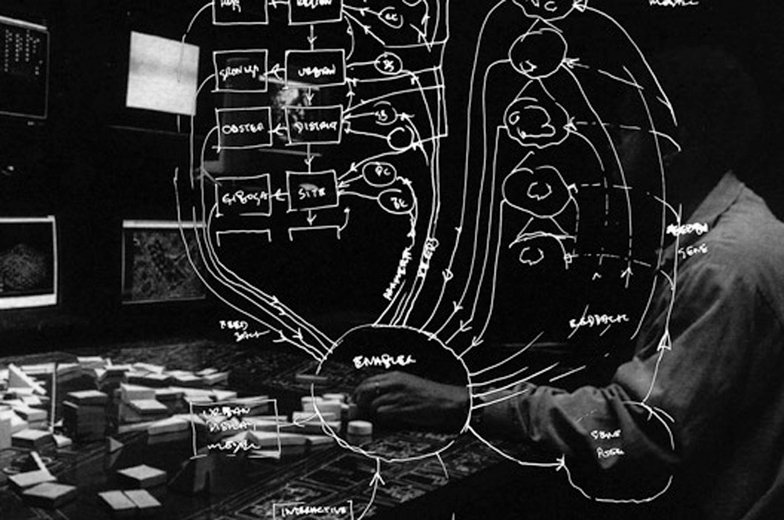
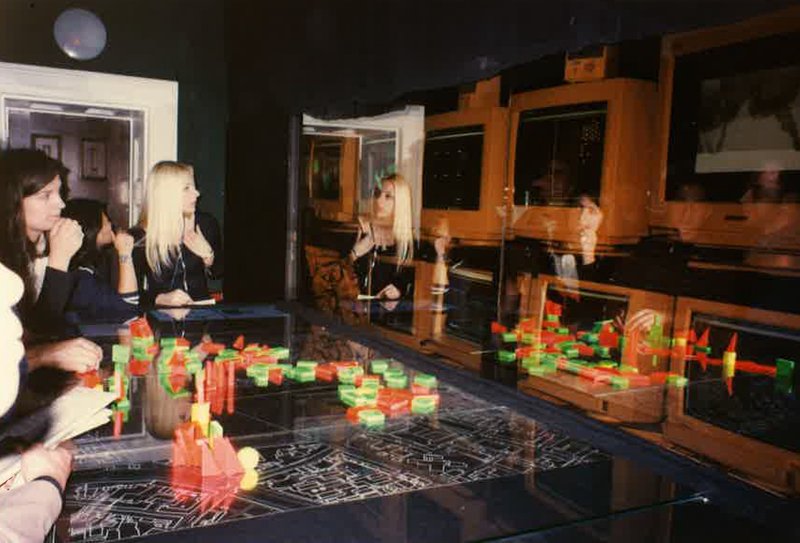
The model mediates in scale, space and time: in scale between the urban context and the fine grain of the housing typologies; in space between the existing urban fabric of Groningen and specific dwelling units; in time between the lifestyle within the medieval core and the desires of the citizens of the next century.
A particular characteristic of the prototype is that it combines generative techniques (cellular automata) and learning strategies (genetic algorithm), to produce a rule-based system which learns on the basis of feedback from the city's inhabitants.
Central to the model is the idea that the computer program inhabits an environment, enters it, reads, understands its developmental rules and history, grasps its topography, latitude, and climate, models its society and economy- and then starts to solicit suggestions and make proposals for possible futures.
